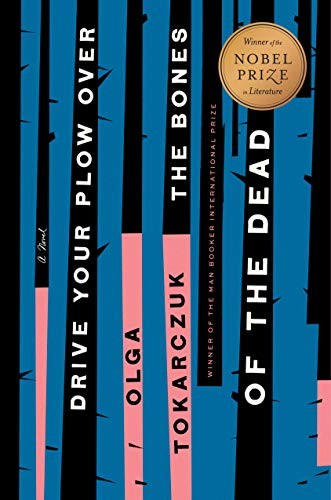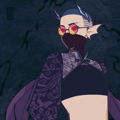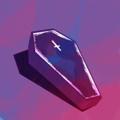The day after finishing this book, Mrs. Duszejko's voice, which was easy to imagine because I listened to the audiobook version, seemed to be narrating my day to day. I thought of my neighbor, cabbage keeper, who lives next door and screams at our cat. I considered the construction workers laboring outside, Sleek arms and Smoking Sam. I quite enjoyed the characters in her life, and wondered if I could wrest the same whimsy from them that this delightful narrator does for the denizens of her rural Polish town that borders the Czech republic and has a cast of good, bad, normal and everything in between. On a positive note from this delightful dark murder mystery, I will continue to try and give out sobriquets more often than I have in the past.
From the beginning, we know that Mrs. Duszejko is not a reliable narrator. Her love of astrology is odd and hard to follow. Her opinions on the perfection to be found in Czech republic are suspect. She has quirks that only a brilliant writer could assign. Sometimes I found myself wondering why she eats any animal products, as she is an informed vegetarian and most know that most animal products come from exploited creatures. Sometimes I found myself wondering if she could find a better outlet for her thoughts online, but later I read this was written in 2009 and the character is already old, so that would not have worked. So we can accept little contradictions here and there in her philosophies.
But reliable or not, this is one crackpot I can sincerely get behind, and I was so grateful to hear this utterly unique voice coming down on everything that in my mind, is wrong with the world. She might be coming to you from a weathered and waning little village by the Bialowisza forest but she speaks for any of us past our prime, unheard, unimportant, voiceless but goddamn not done yet. The many citizens of earth who are compassionate, well-meaning and adverse to all cruelty but never figured out how to find or seize or gently pick off the ground the reins of power are half her audience, the other pillaging and patriarchy attendees don't know what show they signed up for but will be forced to reckon with her one way or another.
I just really got her rage on behalf of the animals. And if someone came after my cat, well I should not put any more in writing. The animals, while being the most innocent victims of the story, were nonetheless not the only victims, and came to represent for me any creature, patch of forest, democratizing act, creative idea, that is shat on by the patriarchy.
In a p.s., the next day I was listening to a podcast about feminist protests in Poland, and how despite Donald Tusk's promises to make good on campaign promises to improve abortion access and gay rights, he has been stymied. Marta Lempart, leader of the protest, had some of that righteous indignation which came across even though I don't know what she was saying, not speaking Polish as it were. I could hear Mrs. Duszejko coming through though.
I read that this book was controversial in Poland because it is "deeply anti-Christian and encourages eco-terrorism." Why anyone would associate being Christian as being good and moral is just silly as her professed beliefs in Astrology. Neither belief system is winning any awards for coherence and validity. It does challenges the almighty patriarchy, which of course, has it coming, but only a real zealot would be offended by her critique of catholicism. I found it pretty gentle in that regard. As far as the ecoterrorism, that is by far my favorite kind of terrorism. I commit it everytime I fly across the ocean, drive a car, use plastic I don't need, eat a fish caught in a trawler net. Who is really terrorizing the eco, I ask? I just don't see what that fuss is about save for concerned managers of oil and timber operations.
I was very vaguely reminded of the Hungarian classic Satantango while reading this, because of its rural and slavic setting and hints of bleakness. But Drive your Plow was 100 thousand times more entertaining and had humor in the rage.














